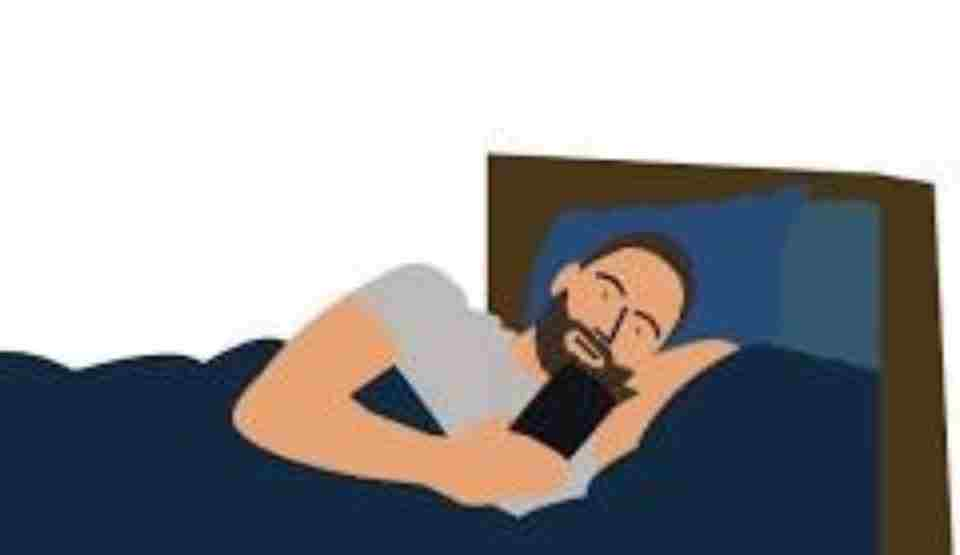Health professionals are issuing an urgent warning to Britons who regularly wake up during the early morning hours, specifically between 2am and 3am, urging them not to dismiss this pattern as a harmless quirk or normal part of aging.
The Concern Behind Nighttime Waking
According to specialists from Alderberry Care, a live-in care provider, consistent waking during these specific hours—particularly when it occurs repeatedly around the same time each night—may indicate underlying health problems that require medical attention rather than being brushed off as “just one of those things.”

What Could Be Causing It?
Experts suggest that this sleep disruption pattern could be linked to several serious conditions:
Hormonal imbalances that affect the body’s natural sleep-wake cycle
Stress responses that trigger the body to wake during vulnerable sleep phases
Other underlying health issues that may not yet have presented obvious symptoms

The Real-World Impact
A spokesperson from Alderberry Care highlighted the significant toll that broken sleep patterns take on overall health and daily functioning. Based on their experience with elderly patients, they noted that individuals who wake around 2am frequently experience troubling next-day symptoms including exhaustion, heightened anxiety, and physical unsteadiness that can increase fall risks and affect quality of life.
Why Older Adults Are Particularly Vulnerable
While insomnia and disrupted sleep are more common among older adults, care professionals emphasize that prevalence shouldn’t equal acceptance. The spokesperson stressed their approach: “We never treat it as normal. It’s always worth checking what’s going on beneath the surface.”
The Bottom Line
Health experts are clear in their recommendation: anyone experiencing regular nighttime waking between 2am and 3am should schedule an appointment with their GP to investigate potential causes. What might seem like a minor sleep inconvenience could be the body’s way of signaling that something needs medical attention, whether it’s a hormonal issue, stress-related condition, or another health concern that can be addressed with proper diagnosis and treatment.RetryClaude can make mistakes. Please double-check responses.






